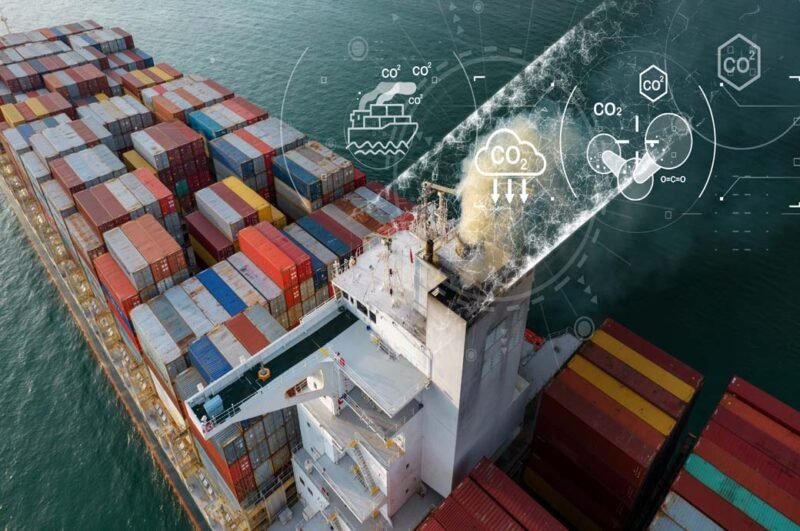A recent publication from the Maritime Emissions Reduction Centre (MERC) emphasizes the importance of enhancing efficiency in the existing maritime fleet to meet IMO Mid-Term GHG reduction measures. By increasing efficiency, the industry can reduce the reliance on alternative low-GHG fuels, ultimately lowering the overall cost of the energy transition. The report, titled “IMO Mid-Term GHG Reduction Measures as a Driver for Efficiency,” explores the challenges and opportunities presented by the IMO’s upcoming measures, which include an economic element like a GHG pricing mechanism and a goal-based fuel standard.
The maritime industry faces the challenge of limited availability of new low-carbon fuels that are suitable for existing vessels, leading to competition with other sectors for drop-in alternatives. Therefore, improving efficiency in the current fleet is crucial for reducing GHG emissions while supporting global trade. The introduction of economic elements, such as GHG pricing, is expected to incentivize investments in technologies that enhance energy efficiency and reduce emissions, driving overall improvements in shipping efficiency.
Stelios Korkodilos, Director of MERC, highlights the importance of efficiency improvements for the existing fleet in the decarbonization journey of the shipping industry. While alternative fuels will play a role, efficiency enhancements are critical due to the unsuitability of new low-carbon fuels for current vessels. MERC aims to collaborate with industry stakeholders to overcome technical, financial, and commercial barriers hindering the adoption of solutions for the existing fleet and support the transition to a low-GHG future. The organization, founded in Athens, aims to address immediate decarbonization challenges faced by the industry and facilitate the uptake of technologies and solutions using conventional fuels to reduce GHG emissions.






